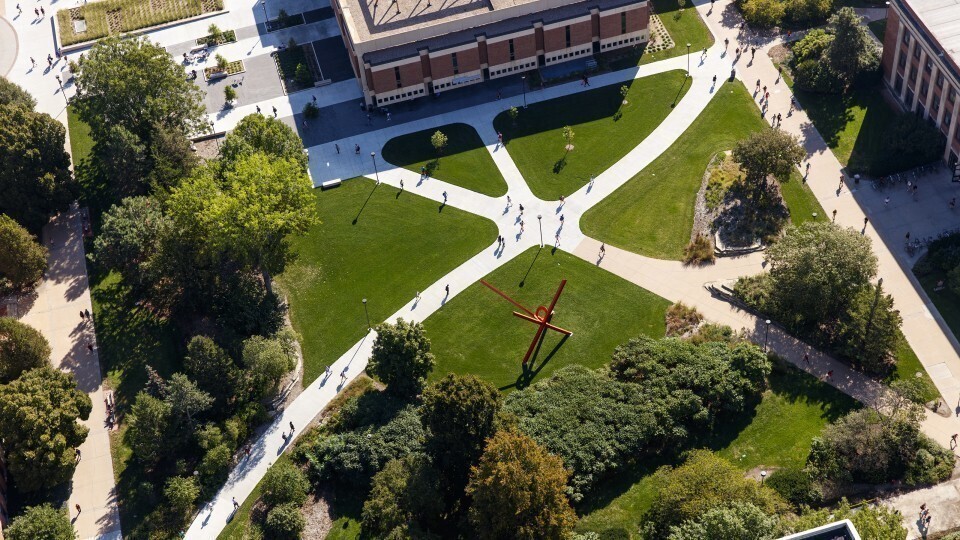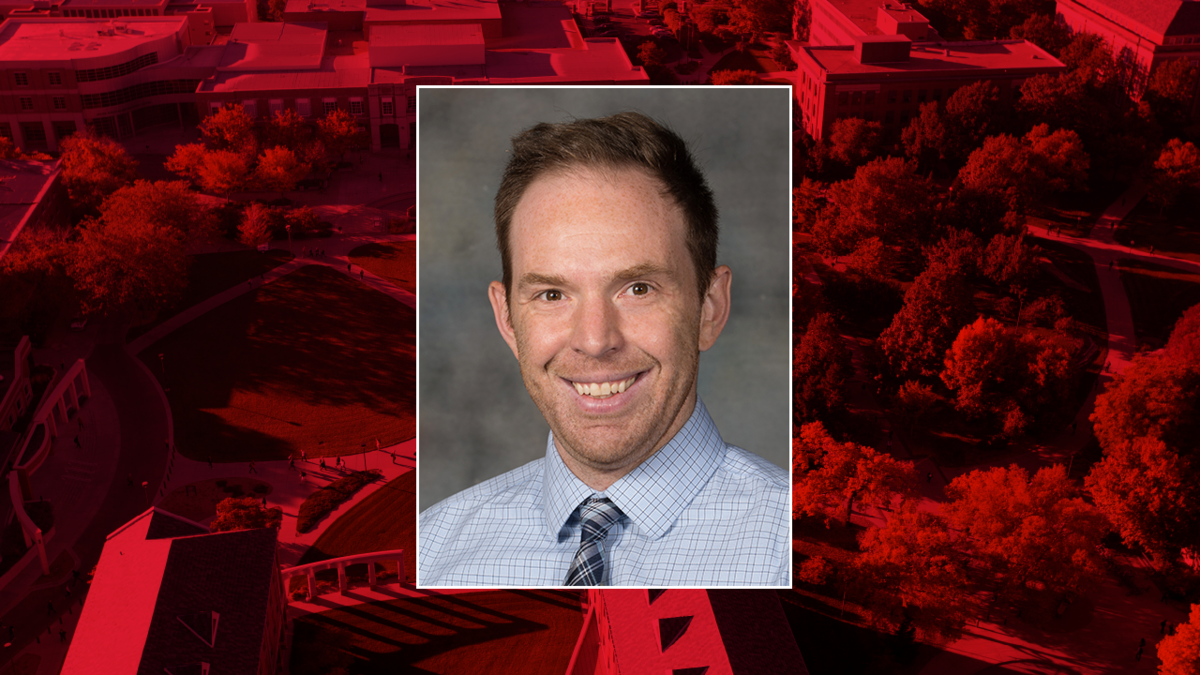
As COVID-19 transmission continues to spread, some students are finding themselves in quarantine or isolation due to exposure from an individual who has tested positive. University of Nebraska–Lincoln instructors are asked to offer coursework flexibility to enable these students to continue making academic progress while in quarantine or isolation.
“Ultimately, we want to support our students’ continued learning while they are quarantining or isolating to protect our campus community’s health.” said Amy Goodburn, senior associate vice chancellor and dean of undergraduate education. “Instructors and students are asked to be flexible with one another and treat these situations like they would an illness or family emergency in any other semester.”
The Faculty Senate added a preamble to their attendance policy this semester. It states that, “Although the attendance policy of the institution remains in effect, faculty are encouraged to not create course policies that incentivize students’ attendance while ill.”
Instructors are not required to use web conferencing to enable students to attend classes virtually. However, they are asked to be flexible in providing alternative learning opportunities so that students can maintain academic momentum. Such opportunities might include making lectures or coursework available in Canvas; offering alternatives to in-person quizzes and attendance assignments; or supporting students’ self-directed asynchronous learning.
Students placed in isolation or quarantine may request a letter from the Office of Student Advocacy and Support, which will outline their status and procedures that should be followed. Students can share this letter with instructors to verify their status.
Students who feel that flexible options are either not being offered or are inadequate to support their learning are asked to first discuss the situation with the instructor. If a resolution cannot be reached, students may elevate the issue to the department chair in which the course is offered, followed by contacting the college’s dean’s office. Students can also seek assistance from the Office of Student Advocacy and Support.
“Our instructors care about student learning,” said Steve Kolbe, president of the Faculty Senate. “We all need to work together to help protect our campus community while also helping students stay on track toward academic success. Students remain responsible for their coursework, but we must be sure we continue to provide access to course materials without jeopardizing the rest of the campus.”
Resources for instructors who have questions regarding course flexibilities are available through the Center for Transformative Teaching.
Learn more about the university’s isolation and quarantine procedures. Review the university’s ongoing COVID-19 response here.







